Private and Public Keys… What’s the Difference?
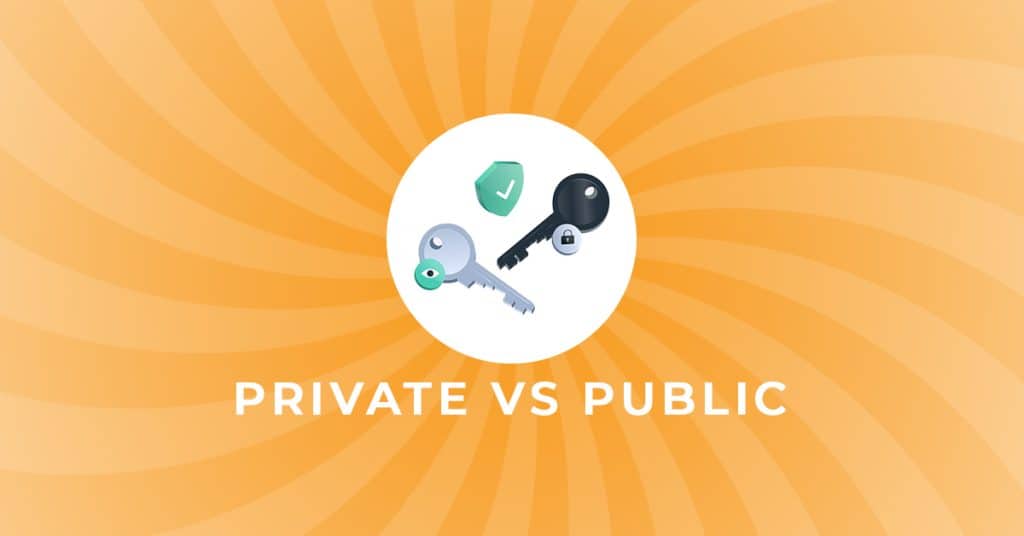
There are a number of good reasons that we refer to these as “private” and “public” keys. By the end of reading this, you’ll understand why. Learning about one coincides with learning about the other and It can be a bit confusing at first when distinguishing between the two. One thing that can be overwhelming at first is when you hear that one is to be safely guarded with every ounce of ingenuity you have inside of you (Private Key). While the other you can freely share wherever and whenever you like (Public Key). Calling them Keys only helps at first to understand what they are. But, it also says a large part about the function they serve.
The Private and Public Key Relationship
Keys are required for wallets on every network to operate. Private keys exist solely as a function of creating a new wallet on a network. When this new wallet is created the network issues a unique 12 to 24-word private key or 12-24 word passphrase.
This private key can then be used to create public keys commonly referred to as “Public Addresses”. Public keys are the process of generating a new public address using the private key. Calling them public keys is just the technical term for creating a new address on the blockchain. Even if an address has never been used, you can continue to create an infinite amount of public addresses to receive Bitcoin or other cryptocurrencies.
To give an example, most people are familiar with keycards and NFC technology. This is used for touchless pay with most credit cards that have a microchip embedded in them. These are sometimes used for work to access a certain area of the building, commonly used in badges and other keycard methods. In reference to the subject, let’s say that all employees of a building accessing the elevator, and other areas of the building have public access keys. These can be swapped, lost, and replaced easily and without much concern. They’re what everyone would consider to be “replaceable”. They are unique in that each one is randomly numbered 1 too ∞ . But, they all serve the exact same function.
In order to Issue all those keycards, you need an administrator with ultimate privileges to issue each key. When a new public key is created, the admin and their private key authorize it to do so. The public key can’t be used to issue other public keys. Only the private has that privilege. Now, since it’s no problem that public keys can be freely discarded, reused, and new ones created infinitely, what happens if the administrator loses the unique private key? Well, then the most obvious thing is that no other public keys can be issued. But, what if all the public key cards in use only allowed entry into the building, and in order to leave, the admin needs the private key to verify every exit. A complete disaster as everyone is now stuck inside the building. This one-way-only path is exactly how private keys function. You’re the admin, your wallets are the building, and the people in it are your crypto assets.
Importance of Private Keys
Now that you understand more about private and public keys. You understand the importance of the private key as it functions on any blockchain network. While creating a new public address is considered a good habit for every time you share one, it depends on the circumstances of its use. Those concerned with higher anonymity can freely create a new private key after using the only private key it ever generated. The choice is a personal one for each individual. As long as you understand that you need the private key to send any assets out of a wallet then you understand its importance. The private key can always be backed up from the wallet being used. But if the wallet being used is lost you will need the private key to recover it, because when you do go and download the wallet again, it creates a new private key unless you enter an existing one. Your passphrase or private key is the only way to access your property on a network.
Hardware devices like “Ledger” and Trezor store these private keys on their devices, while other wallets store the private key in the application itself. For this reason, you should always be careful not to leave access to your wallet anywhere you don’t trust. Otherwise, anyone could walk up, open your wallet, and access your private key. Whenever you want to accept payment for goods or services you can always share your public address and receive funds without concern of giving anyone access to your wallet. If you want to learn more about public addresses head over and check out How to Send & Receive Crypto.






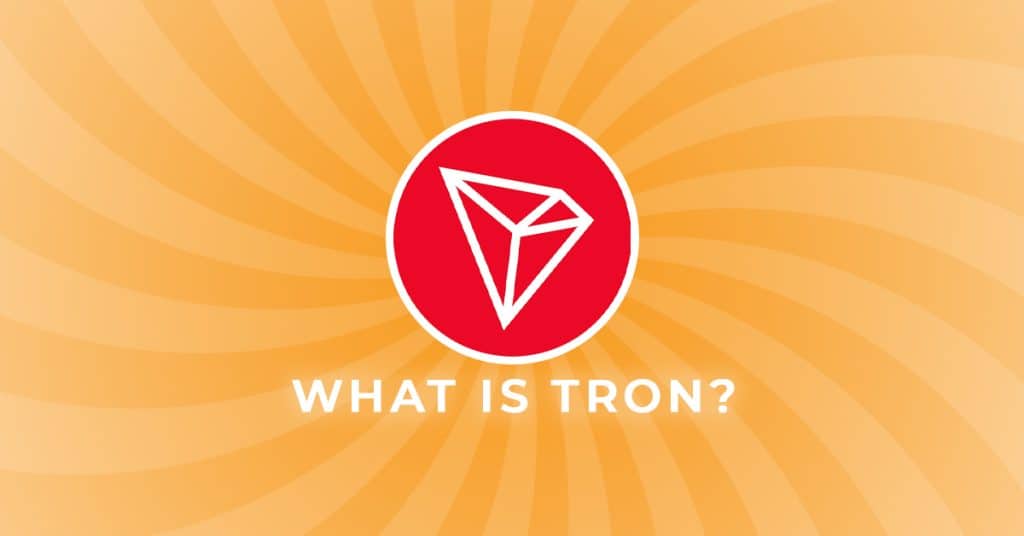
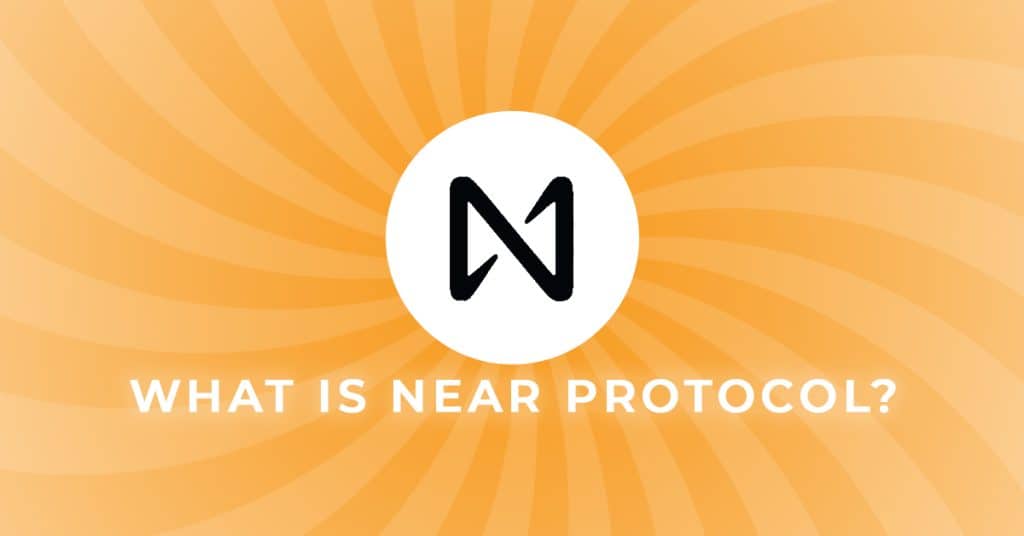


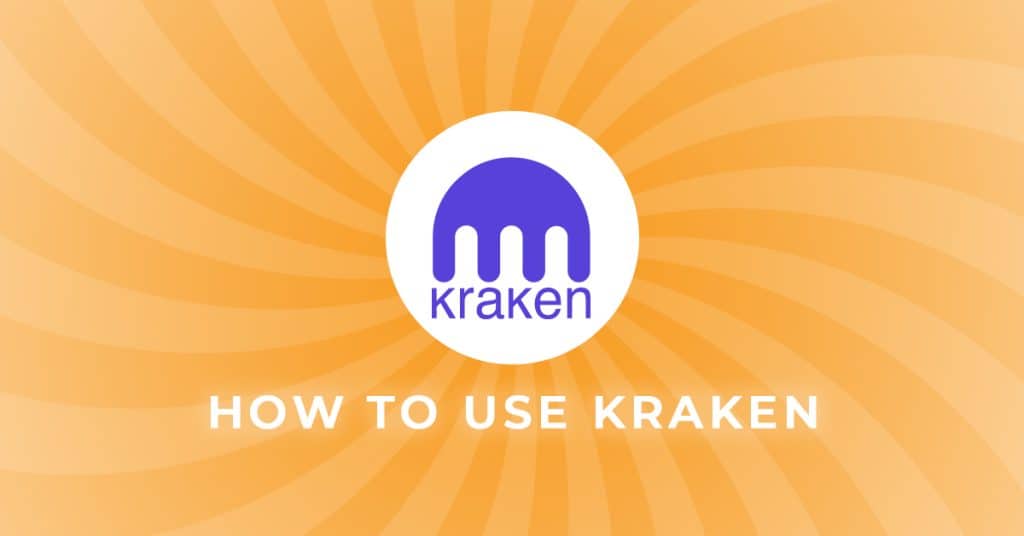

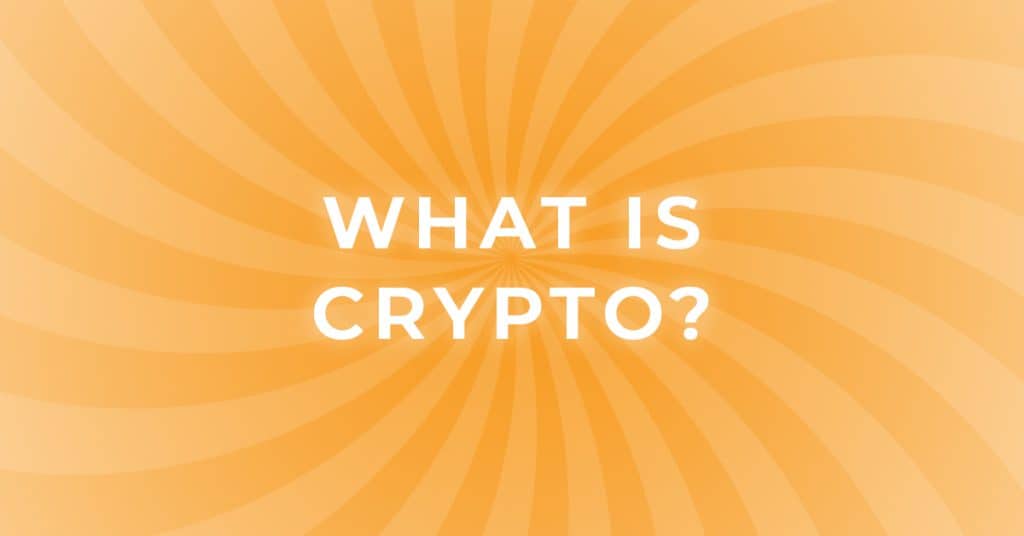

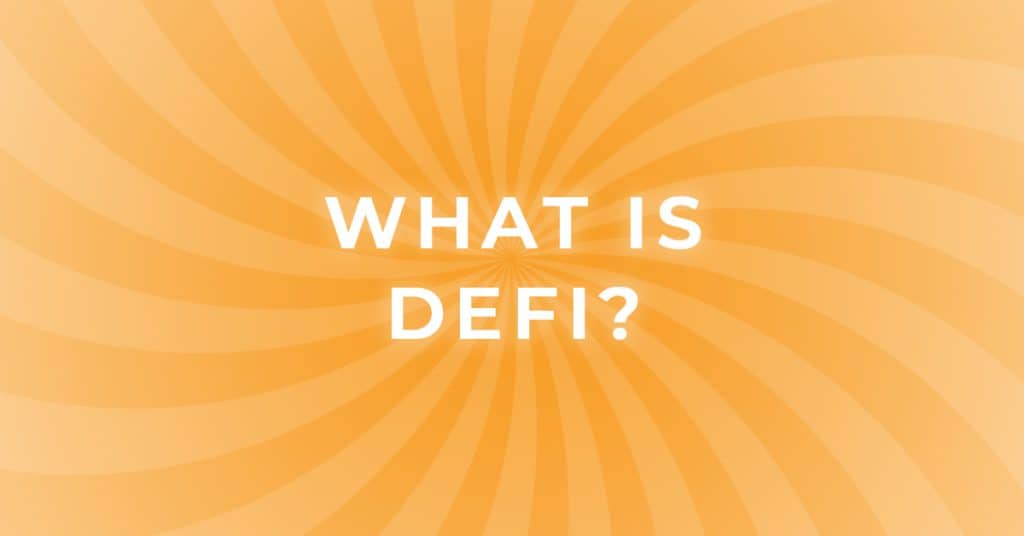

Responses